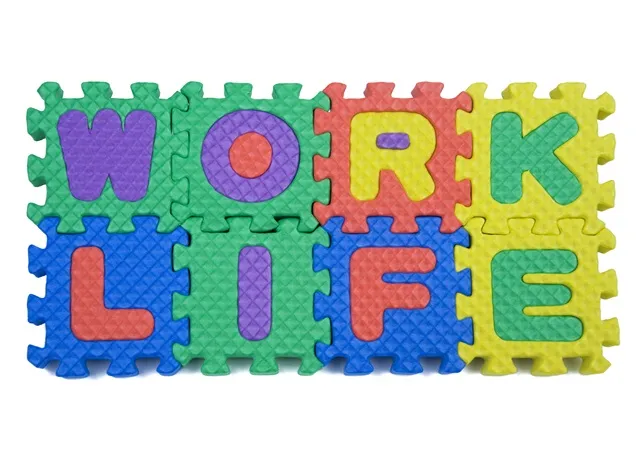The incorporation of women into work and its consequences (reduction in the birth rate, alteration of the classic family model, etc.) has motivated an analysis between the contrast between working life and family life.

Historical memory makes it clear that this is due to a concept of work configured around the male as the economic support of the family, since the woman was pigeonholed in the reproductive and affective role. So much so, that work is structured in response to the interests and objectives of a male employee within a family structure that responds to the sexual division of labor (paid work is carried out by the man, while the woman remains in the reproductive tasks and maintenance of the home considered as non-
Consequences of not reconciling work and family
This ideal worker model is discriminatory for women, but it is also discriminatory for men who have assumed family responsibilities. Therefore, more and more people are experiencing a growing conflict between work and family. This conflict has negative consequences for workers and the company:
- Job dissatisfaction.
- Decreased performance.
- Increase in absenteeism rates.
- Unmotivated templates.
- Loss of qualified people.
- Lower productivity.
Regardless of the employment status of women, the traditional assignment of gender roles has remained. This has given rise to the assumption of a double shift by women. In order to alleviate this situation, a more equitable distribution of responsibilities between women and men is necessary. Despite all this, men have not increased their share of responsibility in the personal sphere and women continue to bear this double burden.
What is family and personal reconciliation really?
Conflict is perceived by the company as something foreign and as a potential threat to performance. Facilitating reconciliation is considered a cost that the company is not willing to assume.
Some European companies are changing the trend and have begun to apply measures that favor a better reconciliation between work and personal life. The success of these programs lies in their universalization, their application to both male and female workers, since their purpose is to promote gender equality. If these measures are directed only at women, they will perpetuate the problems and companies will continue to perceive that hiring a woman is more expensive.
The reconciliation of personal, family and work life responds to the need to resolve this conflict that affects people, companies, the family and the entire social environment. A sensitive attitude of organizations towards this problem supposes the development of a new organizational culture.
Reconciliation is a set of social, institutional and business actions whose objective is the development of a more egalitarian and just society. It is a way of organizing the work environment that makes it easier for men and women to carry out work and their personal and family responsibilities. Reconciling does not mean working less, but in a different way.
More and more people are positively evaluating, when looking for or changing jobs, the added value that the company can offer them in terms of improving their quality of life.
The economic valuation of employment is changing towards a more subjective perception of the position, demanding conditions that take diversity into account and measures that help to achieve a better balance in all aspects of life. One of the causes of job abandonment by women is the difficulty of reconciling. This value that companies can offer retains talent and helps professionals and the organization to be more productive.



